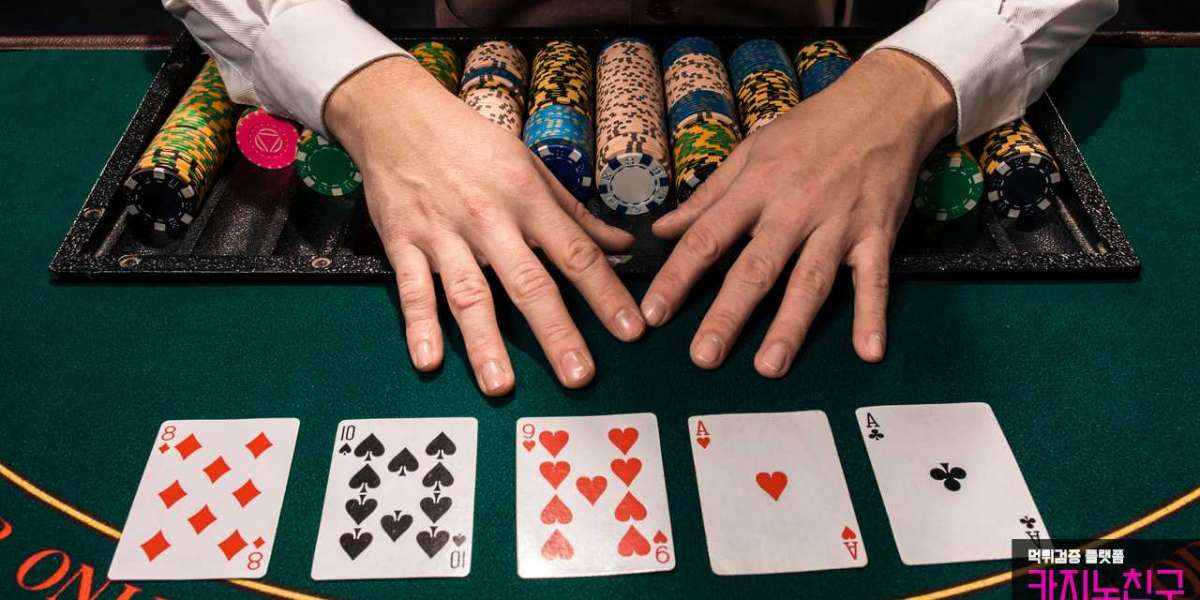The Role of Skill vs. Chance in Gambling
Not all casino games are created equal. Some are purely luck-based, while others allow skilled players to influence the outcome.
- Chance-based games: Slots, roulette, and lottery games fall into this category. No matter how much experience you have, the results are random, dictated by algorithms or physical randomness.
- Skill-based games: Poker, blackjack, and sports betting require knowledge, strategy, and decision-making. While luck still plays a role, skilled players consistently outperform casual gamblers over time.
Let’s take blackjack as an example. A novice player who hits on 16 against a dealer’s 10 is making a losing move. A skilled player, however, knows basic strategy, counts cards (where allowed), and adjusts their play accordingly. The same applies to poker—professionals win not because they are lucky but because they master bluffing, pot odds, and reading opponents.
If you want to improve your chances, always choose games where skill matters. Even if you’re playing slots, understanding volatility and return-to-player (RTP) rates can help you make better decisions.
Understanding Probability and House Edge
Casinos operate on probability, and understanding it can change how you play. Every game has a built-in house edge, ensuring the casino profits over time. But not all games have the same edge.
- Slots: Typically have a house edge of 2% to 10%, meaning for every $100 wagered, you’ll statistically lose $2 to $10 over time.
- Roulette: European roulette has a 2.7% house edge, while American roulette (with two zeroes) increases it to 5.26%.
- Blackjack: With perfect basic strategy, the house edge drops to 0.5%—one of the lowest in the casino.
- Poker: Unlike most casino games, poker pits players against each other rather than the house, meaning skilled players can turn a long-term profit.
The key takeaway? Play games with a low house edge and avoid high-risk bets unless you understand their probabilities. For example, in craps, betting on the Pass Line has a house edge of 1.41%, while proposition bets can exceed 10%—a big difference in long-term outcomes.
One common mistake is chasing losses. If you just lost five times in a row, it doesn’t mean a win is "due." This is called the Gambler’s Fallacy—past results don’t affect future outcomes in random games. Instead, make smart bets based on probability, not emotion.
Bankroll Management: The Key to Long-Term Success
Even the best players go through losing streaks. The difference between a successful gambler and someone who loses everything? Bankroll management.
Basic bankroll management tips:
- Set a budget. Decide in advance how much you're willing to lose and stick to it.
- Use betting units. Instead of wagering your entire bankroll at once, divide it into smaller portions. For example, if you have $500, bet no more than 2-5% per game.
- Avoid chasing losses. If you lose your set limit for the day, stop playing. Trying to "win it back" leads to even bigger losses.
- Withdraw winnings. If you're ahead, cash out a portion. This ensures you don’t give back all your profits in a bad streak.
A well-managed bankroll extends your playtime and keeps gambling fun instead of stressful. Even if you're skilled, luck fluctuates—proper money management ensures you stay in the game.
Strategies for Popular Casino Games
Each game requires a different approach, and knowing the right strategy can significantly improve your results.
Blackjack: Use Basic Strategy
A mathematically optimal way to play every hand, reducing the house edge to 0.5%. Example: Always split aces and eights, never take insurance.
Poker: Master the Mental Game
- Learn pot odds and expected value (EV) to determine profitable plays.
- Observe opponents’ betting patterns to detect bluffs.
- Play tight-aggressive: Fold weak hands, but bet aggressively when you have a strong one.
Slots: Choose the Right Machines
- Check RTP (Return to Player): Higher RTP means better long-term payouts (above 96% is ideal).
- Volatility matters: High-volatility slots pay bigger but less often, while low-volatility slots give frequent small wins.
Roulette: Stick to Even-Money Bets
Instead of betting on single numbers, choose bets like Red/Black or Odd/Even. They have almost 50% win probability (minus the house edge).
Sports Betting: Look Beyond the Favorites
Casual bettors often pick favorites, but value lies in underdogs with mispriced odds. Research stats, injuries, and betting trends before placing bets.
Final Thoughts: Can You Really Win Consistently?
The truth? You can’t eliminate luck from gambling, but you can shift the odds in your favor with the right approach. Play games where skill matters, manage your bankroll, and understand probabilities. While most casual gamblers rely on chance, disciplined players treat gambling like an investment, making calculated decisions.
For those who want a structured way to improve their skills, many platforms offer resources, strategies, and even practice tools. One option is https://pari-download.com/, which provides a variety of games where you can test different strategies in real-time.
Gambling should always be fun, not a source of financial stress. If you approach it with knowledge and discipline, you’ll maximize your chances while keeping control. Whether you play for entertainment or profit, understanding the balance between skill and chance is the key to long-term success.





